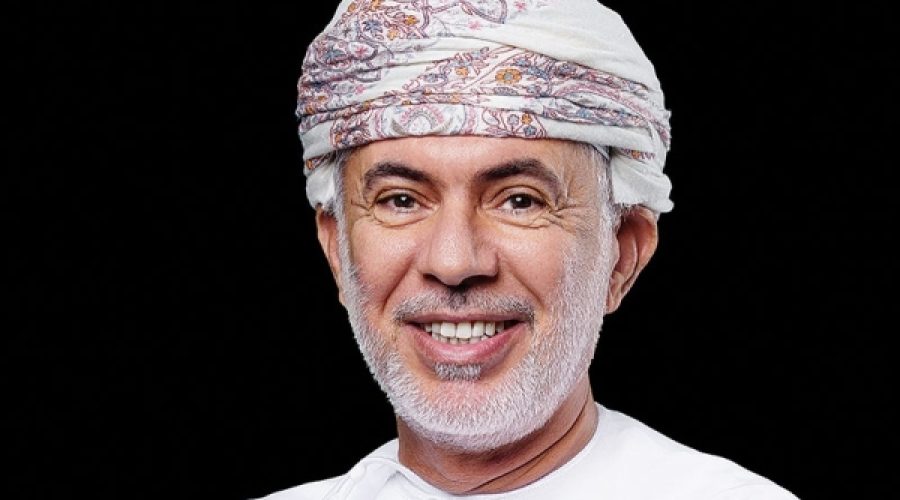FSA Advances Fintech, Crowdfunding, and Green Finance: Key Opportunities for Investors and Entrepreneurs in Oman
MUSCAT, NOVEMBER 4 — Fintech is rapidly becoming a cornerstone of financial inclusion in Oman, driven by strong collaboration between the Financial Services Authority (FSA), the Central Bank of Oman, the Ministry of Finance, and the Oman Investment Authority.
Abdullah bin Salim al Salmi, Executive President of the FSA, emphasized the swift expansion of this technology-driven sector, highlighting crowdfunding platforms as a prime example. Since 2022, these platforms have facilitated financing exceeding RO 14.9 million, with an 81% growth recorded between the second quarters of 2024 and 2025. This growth demonstrates how agile digital channels can effectively complement traditional banking services, providing SME funding approvals in mere minutes, he noted in an exclusive interview.
To foster innovation while protecting public interests, the FSA, in partnership with the Central Bank of Oman, has introduced a joint national sandbox, established a fintech desk at Invest Oman, and issued temporary licences under Royal Decree 20/2024. Al Salmi stressed that adopting proportionate regulation and welcoming international fintech players will expand market access and strengthen Oman’s position as a regional hub for digital finance.
The authority is also expanding funding avenues for SMEs beyond banks. It supports sukuk wadi‘ah—investment certificates based on the Islamic concept of safe custody or deposit—and has launched the Alternative Investment Market (AIM). AIM serves as a lighter regulatory platform offering high-growth SMEs increased transparency and market discipline, with the goal of transitioning these businesses to the main Muscat Securities Market (MSX). Additionally, cross-border memoranda of understanding facilitate mutual funds and, in some cases, ETFs, enabling foreign investors to access Omani opportunities indirectly.
The insurance sector, traditionally dominated by motor insurance, is witnessing a shift towards health insurance, which is now the largest segment and is growing at approximately 30% annually. Regulators are implementing risk-based supervision, enhancing actuarial expertise, and focusing on climate and catastrophe risks across both conventional and takaful products. Simultaneously, efforts are underway to develop the life and professional indemnity insurance markets.
Looking ahead, Oman is committed to fully enforcing the IFRS Sustainability Standards (S1/S2) by 2029. The country is finalizing a private-sector Sustainable Finance Taxonomy, developed in coordination with the Ministry of Finance and benchmarked against EU, ASEAN, and GCC frameworks. This taxonomy aims to support green and sustainability-linked financial instruments while preventing greenwashing. Al Salmi underscored that the ultimate goal is to make sustainable finance the standard practice, building market capacity and strengthening the FSA’s capabilities to support Oman Vision 2040 and net-zero emissions by 2050.
Special Analysis by Omanet | Navigate Oman’s Market
The rapid fintech expansion, supported by progressive regulation and innovative funding platforms like crowdfunding and sukuk wadi‘ah, presents unmatched opportunities for SMEs to access quick, diversified capital outside traditional banking. Smart investors and entrepreneurs should leverage Oman’s forward-looking regulatory environment and emerging markets like the Alternative Investment Market (AIM) to tap into high-growth sectors while preparing for the impending shift towards sustainable finance, as Oman positions itself for green investment leadership by 2029. This evolving ecosystem both mitigates risks and unlocks new pathways for cross-border collaboration and climate-conscious financial products.



